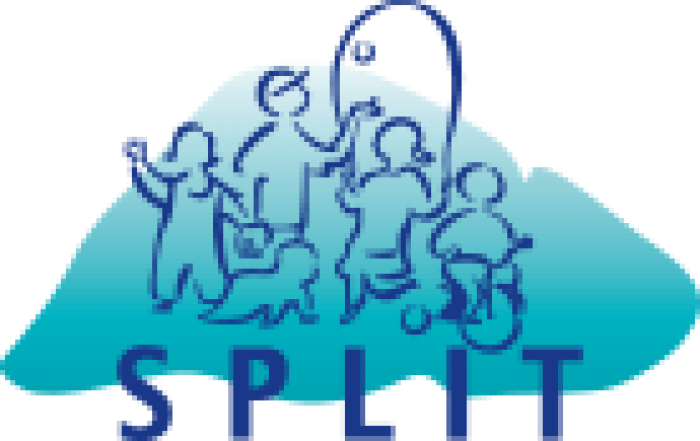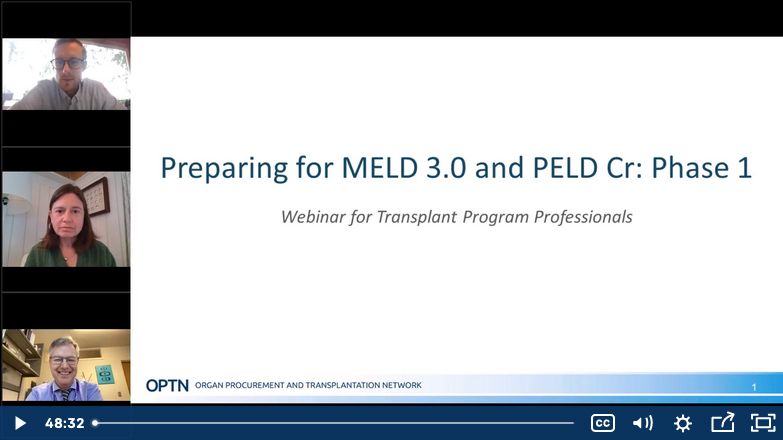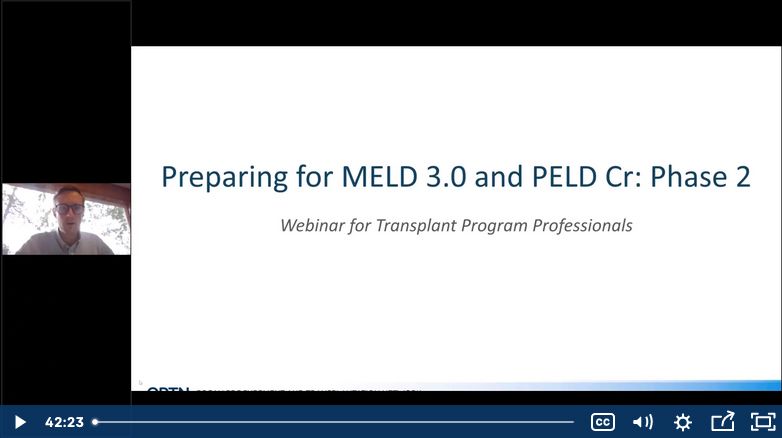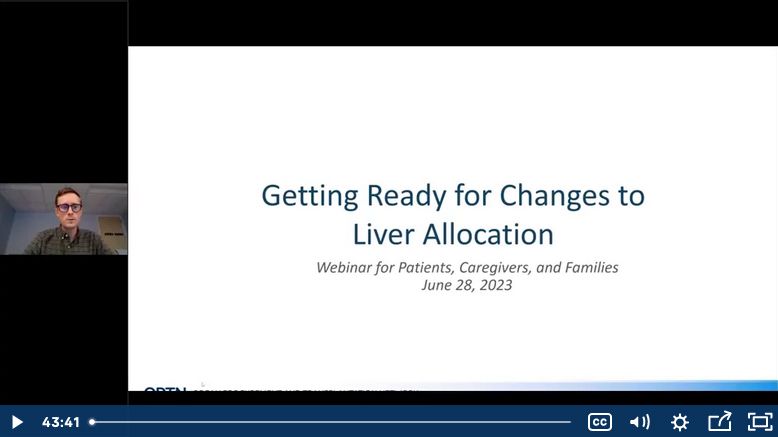Advocacy
Statement on Vaccination in Pediatric Liver Transplantation, October 2025
The Society of Pediatric Liver Transplantation (SPLIT) affirms the essential role of vaccination in protecting pediatric liver transplant candidates and recipients. Children with advanced liver disease and those receiving immunosuppressive therapy after transplantation are at substantially increased risk for severe morbidity and mortality from vaccine-preventable infections [1,2]. Timely and appropriate immunization, administered in accordance with established protocols, remains a cornerstone of preventive care in this vulnerable population.
As recommendations for immunization continue to evolve nationally, SPLIT emphasizes the importance of guiding clinical decision-making regarding vaccination on rigorous scientific evidence related to vaccine safety and efficacy. Consistent implementation of evidence-based vaccination practices optimizes patient outcomes and reduces the burden of preventable infectious disease in pediatric liver transplantation and in those with immunocompromise more generally[3]. Families with questions or concerns about specific recommendations for their child are encouraged to have a detailed discussion with their medical team.
Ensuring reliable and timely access to vaccines is particularly critical for children awaiting transplant. Incomplete immunization may both increase infection risk and can often impede transplant candidacy. Post-transplant, ensuring that household members and close contacts are appropriately immunized provides an additional layer of protection for immunocompromised children[4].
SPLIT supports global initiatives to expand access to safe and effective vaccines for all pediatric transplant candidates and recipients. We encourage transplant professionals, families, and caregivers to work collaboratively to continue to advocate for vaccination as a critical component of care. SPLIT remains committed to providing guidance and education that reflect current scientific knowledge, with the goals of promoting patient safety, advancing health equity, and optimizing outcomes in pediatric liver
- Danziger-Isakov L, Kumar D, AST ID
Community of Practice. Vaccination of solid organ transplant candidates and recipients: Guidelines from the American society of transplantation infectious diseases community of practice.
Clin Transplant. 2019;33(9):e13563. Epub 2019 Jun 5. - Feldman AG, Sundaram SS, Beaty BL, et al.
Immunization status at the time of pediatric liver transplantation.
Pediatrics. 2019;144(1):e20183089. - Rubin LG, Levin MJ, Ljungman P, Davies EG, Avery R, Tomblyn M, Bousvaros A, Dhanireddy S, Sung L, Keyserling H, Kang I, Infectious Diseases Society of America.
2013 IDSA clinical practice guideline for vaccination of the immunocompromised host.
Clin Infect Dis. 2014;58(3):e44. Epub 2013 Dec 4. - World Health Organization (WHO).
Immunization Agenda 2030: A Global Strategy to Leave No One Behind.
WHO, 2020 Apr 1. Accessed 2025 Oct 2.
https://www.who.int/teams/immunization-vaccines-and-biologicals/strategies/ia2030
New PELD-Cr Score and Status 1A/1B Criteria updates - UNOS Webinar
Living Donor Protection Act

Solution
Concerning Facts
- In 2021, 25% of living organ donors were rejected for insurance coverage or charged higher premiums
- Only 23 states provide protection from insurance discrimination for living organ donors
- Only 12 states ensure that private employees have protected leave for living organ donors
- Only 2 states provide FMLA coverage with paid leave for living organ donors
- The lack of protection for living donors impacts all children awaiting liver transplant, but the impact is worse for Black and Hispanic children who are half as likely to receive a liver from a living donor
How can we encourage living donation – and save these children’s lives? The Living Donor Protection Act of 2021 would promote living organ donation and protect donors from insurance discrimination. The Living Donor Protection Act will:
- Prohibit the denial of coverage or an increase in insurance premiums for life, disability or long-term care for living donors.
- Allow living organ donation surgery as a qualifying serious health condition under the Family and Medical Leave Act (FMLA) to allow for recovery after surgery.
- Update materials for public education on living organ donation and the protections related to insurance from the Living Donor Protection Act.
- Equalize the field for children, ensuring no child has worse outcomes based on the state they live in. It would further prevent children from dying on the waitlist, and protect loved ones who donate a part of their liver to save a life.
Ask
The Society of Pediatric Liver Transplantation (SPLIT), an organization formed with the mission to improve outcomes for children receiving liver transplantation, along with SPLIT’s Patient and Family Engaged Partners, urges Congress to pass the Living Donor Protection Act of 2021 to allow children to have equal and timely access to a life-saving liver transplant while also protecting the heroes who choose to donate their organs. No child should struggle to receive a life-saving surgery, and no family should struggle to cope with managing higher costs based on a decision to save a child’s life.
The Society of Pediatric Liver Transplantation (SPLIT) was formed in 1995 with the mission to improve outcomes for children receiving liver transplantation. Our members represent more than 40 transplant centers across North America spanning 27 states and Canada. Collectively, we have cared for over 3,400 liver transplant children. We have seen these children suffer and implore Congress to pass the Living Donor Protect act today. Please contact Dr. Noelle Ebel directly at nebel@stanford.edu with any questions or requests.
SPLIT Patient, Family and Engaged Partners (PFEP) provides pediatric transplant families hope through resources, support and advocacy. It is our mission to help bridge the gap between patients, families, doctors, and the community to help improve the outcome of pediatric liver transplantation.
Statement on OPTN Optimization Initiative, May 2023
The Society of Pediatric Liver Transplantation (SPLIT), as the largest consortium of pediatric liver transplant centers in the United States and in close collaboration with our Patient, Family, and Engaged Partners (PFEP), supports meaningful innovation initiatives that tangibly improve equitable access to pediatric liver transplant, ongoing research to improve waitlist and post-transplant outcomes, provisions for living donation, diversity of the workforce, and sustainable health for organ donation and transplant institutions.
To ensure that our transplant system successfully serves children, a persistently vulnerable transplant population, we need the following:
- A modernization effort that recognizes and considers pediatric-specific concerns at every stage, in parallel to concerns that primarily impact adult candidates
- Pediatric provider and patient representation in every step of the planning process
- A well-organized national system that ensures nationwide sharing of pediatric organs prioritized for pediatric recipients, acknowledging that these children are vulnerable with more limited donor options
It is imperative that our society and government take all available action to urgently prioritize optimal health care delivery to children, especially in focused initiatives that explore improvements to the organ donation and transplant system. SPLIT, as a society of multidisciplinary experts on pediatric transplant, is poised and compelled to serve as a resource for the proposed modernization agenda.
We recognize there are significant improvements needed in our organ transplant system. In 2019, the pediatric waitlist mortality rate for liver candidates less than 1 year of age exceeded that of adults of all ages, with a peak rate of 12.1 deaths per 100 waitlist years (SRTR Annual Report, Liver 2018, SRTR Annual Report, Liver 2019). However, we also need to acknowledge the significant advances and improvements that have been made. In 2020, after implementation of the new acuity circle allocation policy, deaths on the pediatric liver waitlist reached its lowest since 2011, at 4.9 deaths per 100 waitlist years. For pediatric liver recipients, we have achieved greater than 90% patient survival rate at 5 years post-transplant (SRTR Annual Report 2020) – but this means that transplant was available too late, or that complications were too overwhelming, to save 1 in 10 of these children. UNOS allows for data-driven tracking of every U.S. transplant, which is more comprehensive than tracking for any other medical condition. Access to this data has allowed for research aimed at improving outcomes in pediatric transplant patients.
While much recent press has focused on UNOS, improvements are also needed in individual transplant programs to optimize outcomes for children. All patients, regardless of geographical location or resources, need to have equal access to transplant. This includes access to all graft types – with the surgical expertise and team willingness to include split and living donor transplant.
A nationally organized system is critical to ensuring equitable access to organs for children and other difficult to match candidates. It is important to ensure that this system provides oversight for all transplant centers and organ procurement organizations to optimize organ distribution and lives saved. This is not about creating a monopoly or having one entity run every aspect of organ transplant but creating shared accountability with adequate oversight.
We implore new entities interested in managing the OPTN to engage with pediatric groups such as SPLIT. The United Network for Organ Sharing (UNOS) has made substantial efforts to engage and involve the pediatric community since its inception, and particularly in the last half-decade. There is significant risk of losing ground towards the goal of eliminating pediatric waitlist mortality in this modernization effort. The Health Resources and Services Administration (HRSA) does not address pediatric patients at all in the modernization announcement nor in the aims of the initiative.
We strongly encourage including pediatric-focused advocates in any modernization initiatives proposed by the HRSA, and SPLIT welcomes the opportunity to participate in all phases of this proposal.
30 May 2023
Contact: split@tts.org
Contact
Address
Society of Pediatric Liver Transplantation
c/o The Transplantation Society
740 Notre-Dame Ouest
Suite 1245
Montréal, QC, H3C 3X6
Canada





